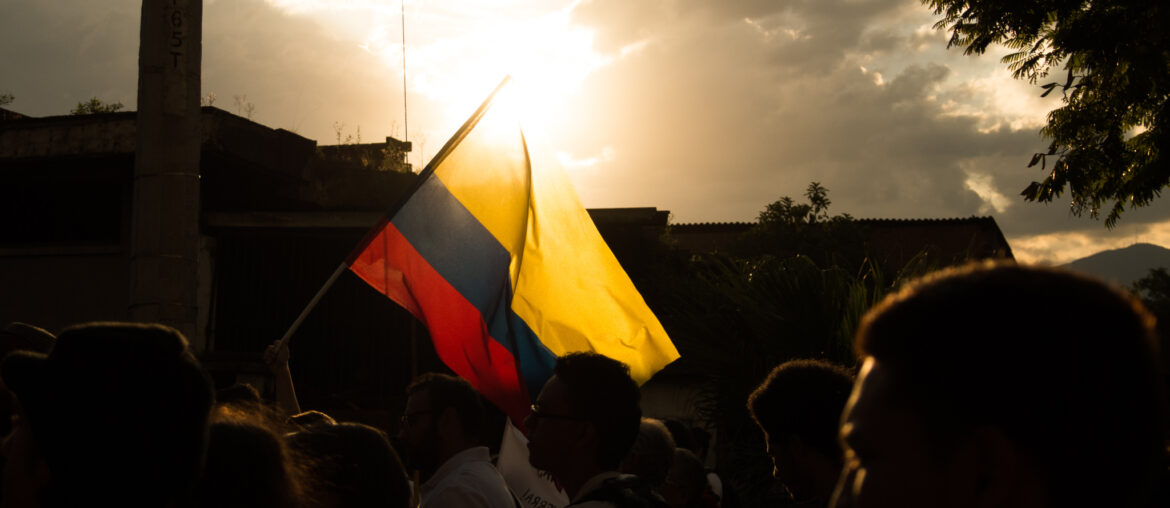Summary
Callahan was a class-action suit on behalf of homeless men in the Bowery area of Manhattan seeking a temporary mandatory injunction requiring the City of New York to provide shelter to homeless men. The applicants relied on Article XVII, §1 of the State Constitution, requiring that the State provide “for the aid, care and support of the needy in such manner and by such means, as the legislature may from time to time determine.” The brief cited legislative history from the 1938 New York constitutional convention to argue that the section was intended to confer rights to those who must look to society for the bare necessities of life. The trial judge accepted evidence that during previous winters homeless men had suffered loss of limbs from frostbite, that several had died, and that the coming winter would be worse because of the closing down of several shelters. The court ordered a temporary injunction requiring the provision of shelter. The plaintiffs and defendants entered into a consent decree requiring New York City to furnish sufficient beds to meet the needs of every homeless man applying for shelter provided that he qualifies on the basis of need standards for relief and is in need of temporary shelter “by reason of physical, mental or social disfunction.” The Callahan decree also set minimum shelter standards regarding width and construction of shelter beds; the provision of supplies; and required that the city provide ‘clear written information’ to shelter applicants ‘concerning other public assistance to which they may be entitled. The trial judge maintained jurisdiction over the ongoing enforcement of the decree.
Keywords: Callahan v. Carey, No. 79-42582 (Sup. Ct. N.Y. County, Cot. 18, 1979), Housing, Right
